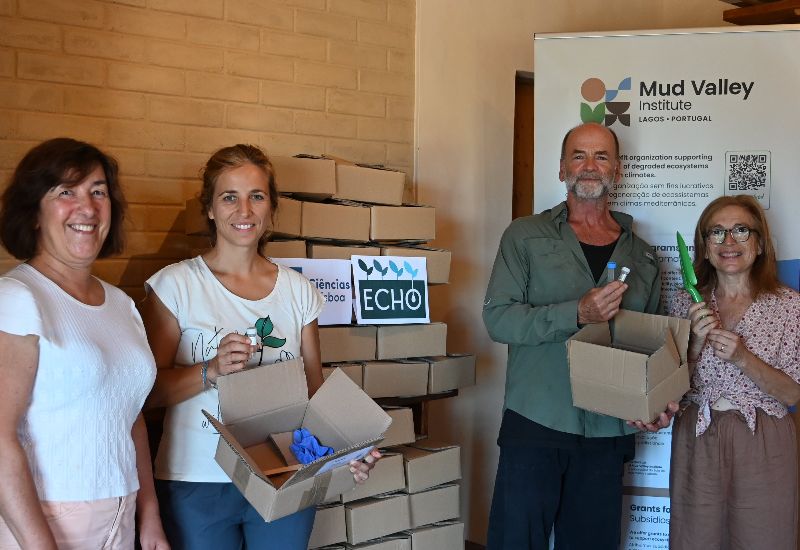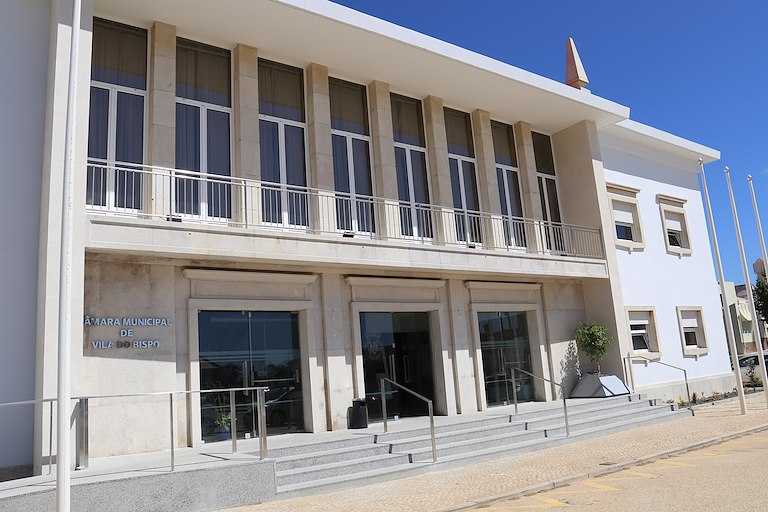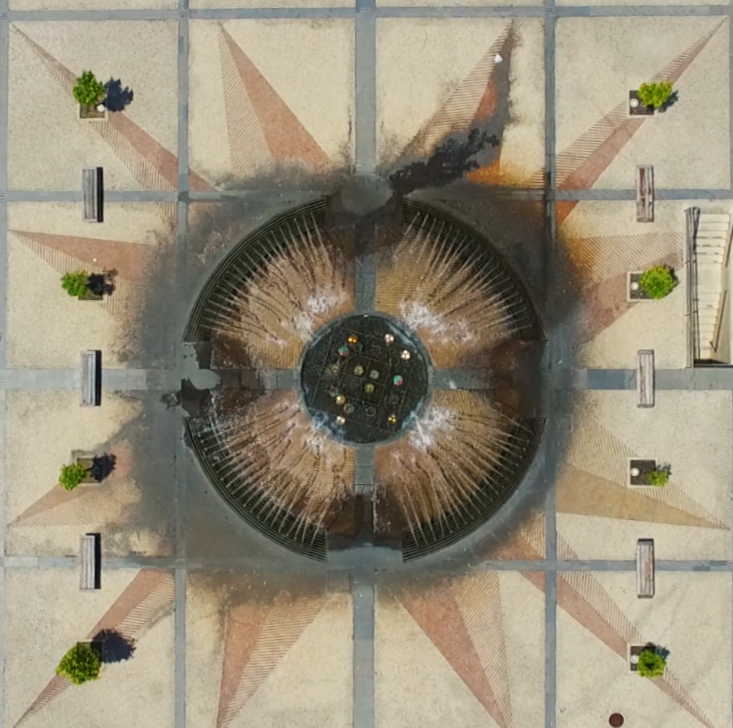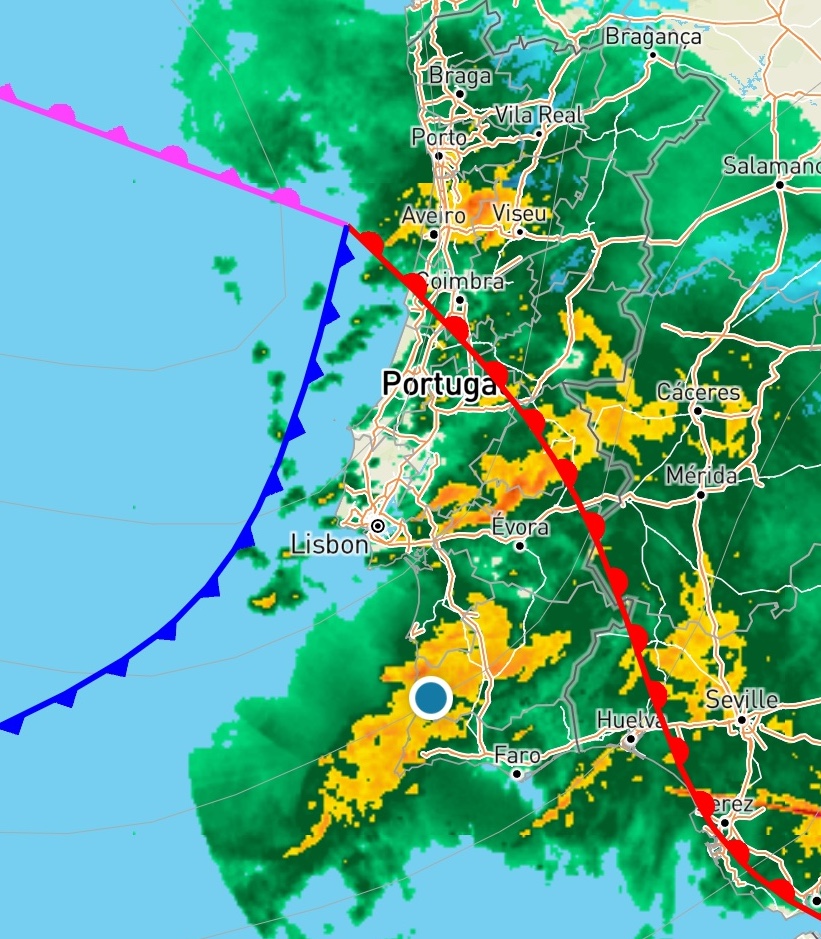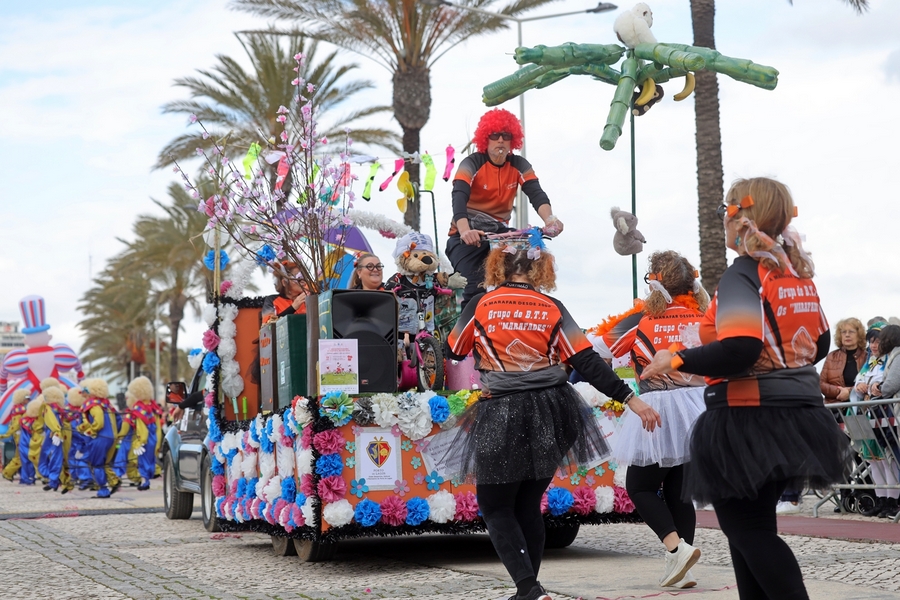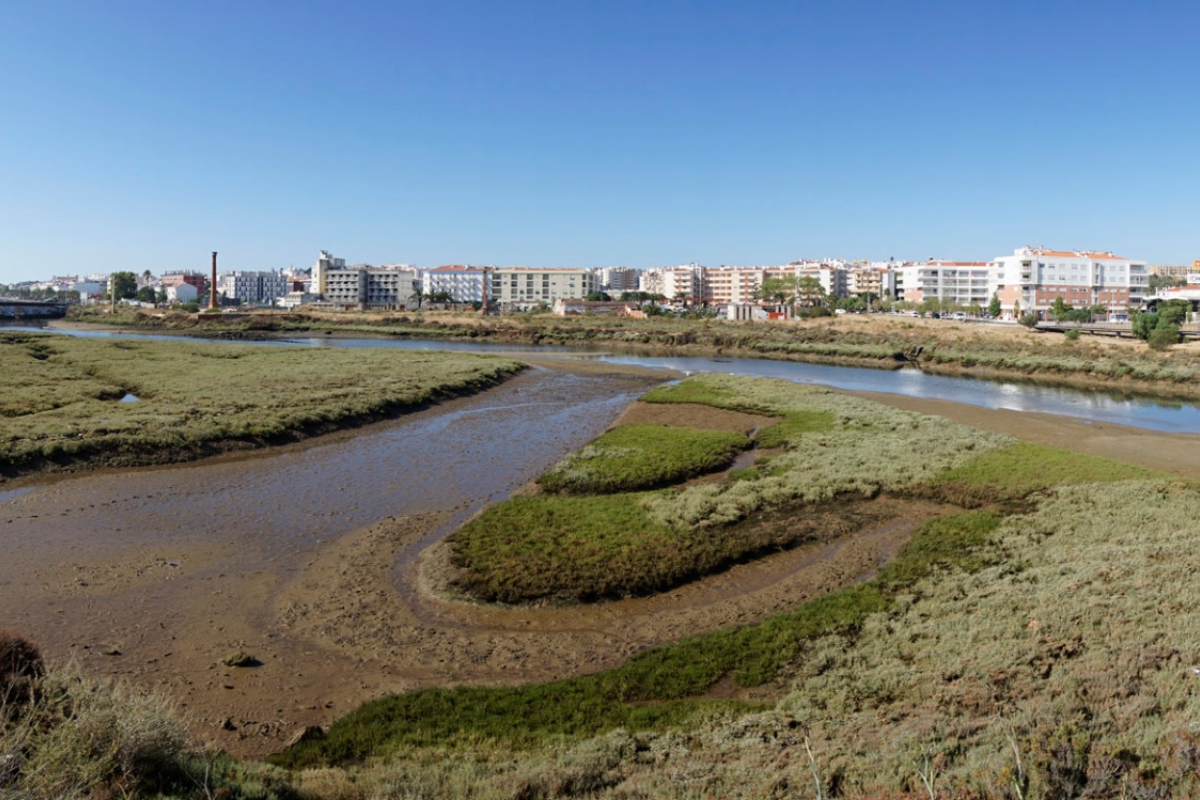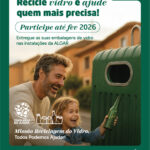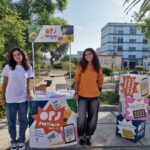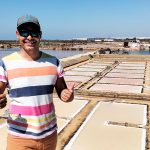Innovation and Empowerment in Algarve Agriculture
It was a Tuesday morning when I visited the Vale da Lama location. Director Richard Rushing was there to meet my wife and me. Tuesday mornings are dedicated to volunteers interacting with interns and a leading landscape ecologist (Hugo Oliveira), so it was a perfect time for a mini tour.
We passed the plant nursery, and the vegetable and fruit preparation room, where produce is prepared for the market in Lagos, once a week. The affiliated and renewed Quinta Vale da Lama Hotel and eco-resort just up the road will be the recipient of the farm’s produce when it reopens at the end of the year, but Richard emphasised that the institute is not a food producer as such but rather an academic institute.
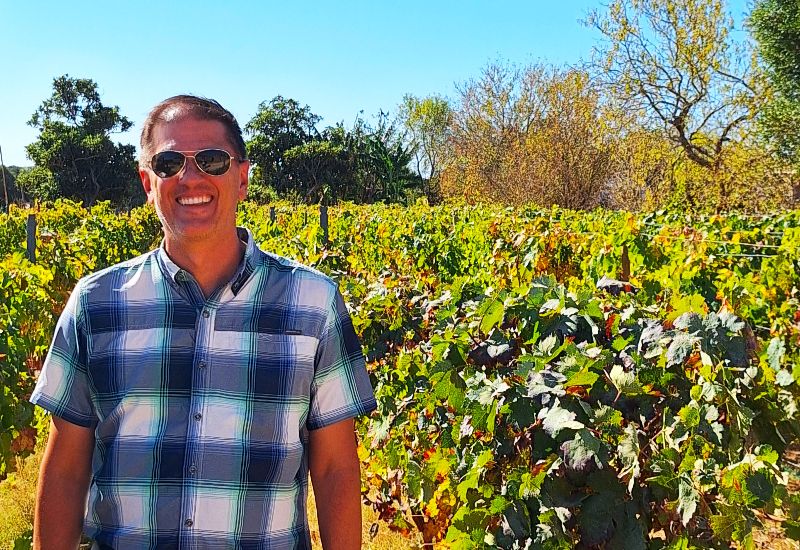
Mud Valley Institute is a non-profit organisation, the brain-child of Walt Ludwick; it was founded in 2010 and became a fully functioning organisation in 2024. It’s located in the Vale da Lama and can be described as a learning institute that works in conjunction with the Quinta Vale da Lama. The combined operation spans 42 hectares and offers views of the Monchique mountains to the north and across the estuary of the Ribeira de Odiáxere to the Atlantic Ocean. The climate provides 300 days of sunshine and, with water and soil management, the valley has the potential to become a perfect location for food production.
The institute’s vision is to identify what works and share the findings. It’s all about regenerating the land and water in a careful and responsible way, and then through educational programmes and on-site training to encourage academic research.
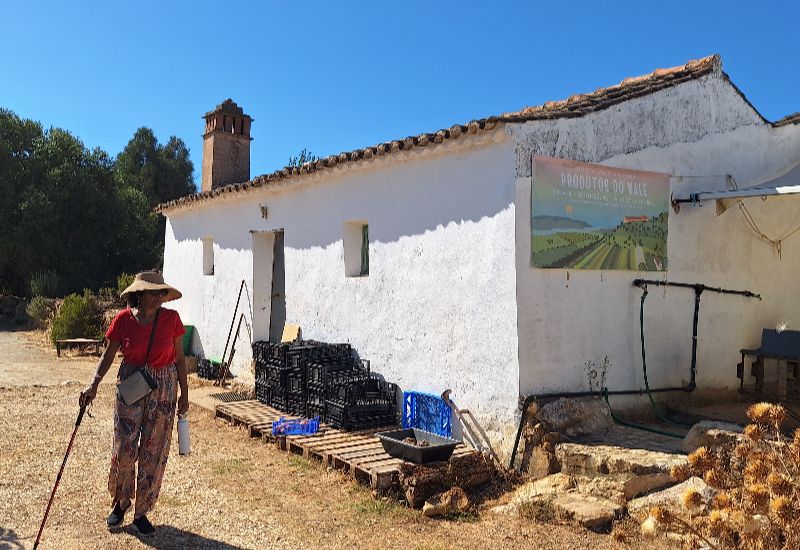
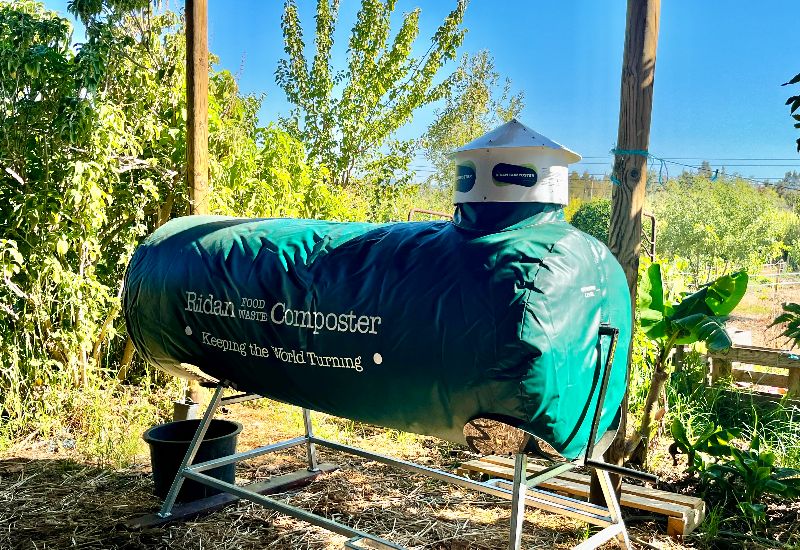
To analyse and improve the soil, the institute has a dedicated soil laboratory. It was created to improve soil health and educate participants on the importance of soil regeneration. “We identify methods that regenerate degraded soil and increase crop yields, leading to better ecological and economic results for local farmers, foresters, vintners and workers in the field of agroecology.”
A scientist with a PhD in soil sciences, Dr Elodie da Silva leads the efforts at the soil lab. She is passionate about sharing soil and compost techniques, as well as conducting tests and experiments. All results are recorded in a database for future reference. Not only that, but soil from other farms in the area is collected and analysed, and advice is given on soil regeneration and ecosystem restoration. Results are added to the database. The goal is to establish a regional centre that enables farmers, market gardeners and others to access information to enhance their crop quality and yield.
There is so much more to soil than meets the eye. There is texture, structure, topsoil depth and the pH value (acidity). Then there’s biological activity (earthworms) as well as nutrient and mineral content. See details of the Ecosystem Regeneration Camp in the last paragraph.
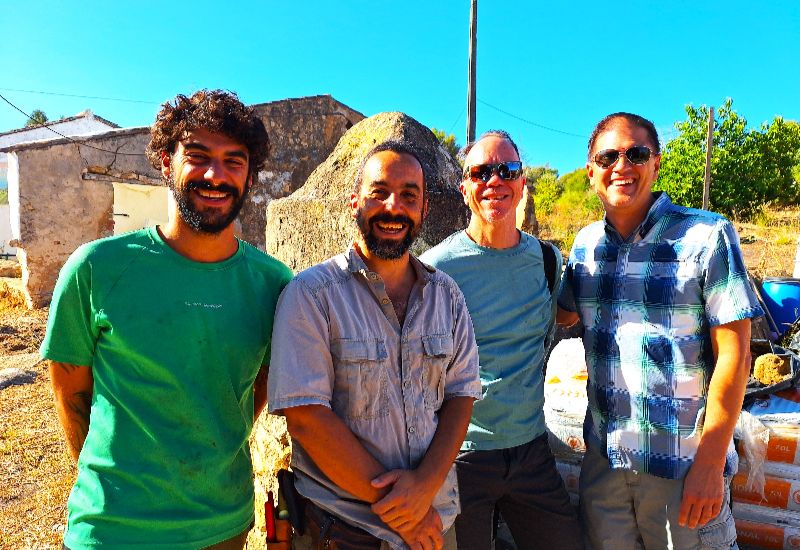
As we continued our tour, we came to the composting area with a wormery (where worms turn compost into fertiliser) and a new compost machine that was in operation. One wormery was filled with donkey faeces and Richard explained its operation: “The worms recycle the poop and turn it into perfect, nutrient-rich fertiliser. Also, worms are hugely beneficial for soil regeneration; they provide channels for aeration and water flow as well.”
Besides good soil, water and irrigation are essential. The Vale da Lama is in a drought-impacted region so measures have to be taken to mitigate the problem. Water consumption data was collected and a strategy for reducing consumption is now underway. Part of the problem has been identified. Here in what was known as the breadbasket of Portugal, the Bravura dam that serves area farms with irrigation water has seen falling water levels. The pulp and paper industry has replaced native forests at the headlands of this watershed with monocultures of non-native eucalyptus, which do nothing to replenish aquifers. Downstream agricultural developments in recent years have included massive avocado plantations. Avocados are some of the thirstiest fruits on the planet.
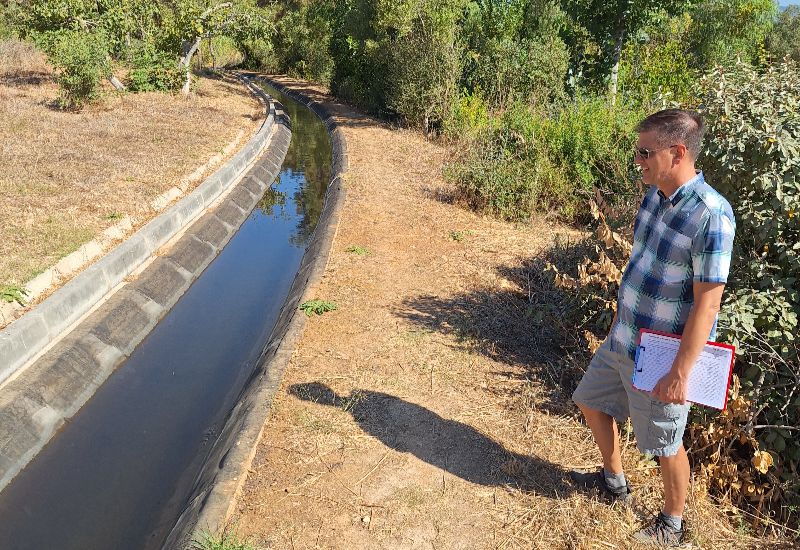
The answer is in water capture, recycling of wastewater and retention. At the Quinta Vale da Lama farm, there are water retention ponds where water is collected when the canals from the dam are open. “As the Organic Market Garden has developed to the point of achieving economically sustainable production, it is clear that continued growth should be more on the side of perennial and less water-hungry forms of production,” explained Ludwick in a recent commentary.
After examining the composting area, we strolled up to the soil lab and irrigation system. On the day of our visit, water was flowing, plants were happy and the desertification of the valley was experiencing some relief.
November: a month for community involvement
November is the month of regeneration. The Ecosystem Restoration Community of the Southwestern Algarve, in conjunction with Mud Valley Institute, will present a variety of volunteering activities and events throughout November and early December. Ten different locations will offer tours, training and workshops focused on themes such as agroforestry, landscape preparation, water storage and retention, and soil health. Volunteers are encouraged to support these works and details can be found on the institute’s website at www.mudvalley.org/november. A registration form is there for interested volunteers to sign up.
The month of regeneration programme will be a great way to learn about and get involved in ecosystem restoration in the Southwestern Algarve, while having fun in the process.
Main image: Founder Walt Ludwick with Colleagues
